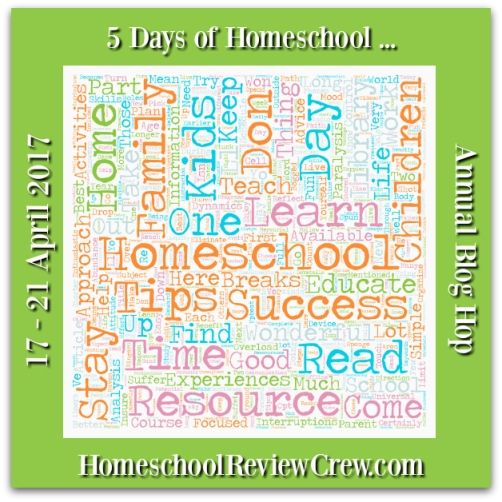The written word is really pretty miraculous. It allow us to communicate over not only vast distances in space, but also through time: Hero(10) and I are reading Robinson Crusoe as part of his school work right now, and in a very real way we are having a conversation, albeit a bit one-sided, with Daniel Defoe. This is really quite remarkable, since Mr. Defoe died in 1731, just shy of 300 years ago. But, through the miracle of books, we can consider the ideas that he thought were important enough to write down. One of the major themes we've encountered is that of God's love, and we get to see how Crusoe finally turns to the Bible in order to turn to God. It's a beautiful thing.
Mormon theology holds that writing, rather than being an invention of man, is actually a gift from God, originally given by inspiration, and that Adam and his children kept records, including records of God's dealings with and commandments to man. The Biblical account in Genesis gives us the highlights, preserved in those early records and recorded and passed to us by the prophet Moses, of some of the most important events and ideas of human history.
It is this ability to transmit the ideas and events of the past to future generations that makes the written word such an amazing thing: we don't have to start fresh every generation, ignorant of the things that have been learned by those who have gone before us. Books give us access to the "Great Conversation" that has been going on through the ages. And they give us the opportunity to bring that heritage, and its character-shaping power, to our children.
Some ideas can be found by the senses, but many ideas, especially those influencing character and behavior, travel from one mind to another. Of these, some are certainly passed by word of mouth or family traditions. But just as providing three proper meals a day requires planning, Charlotte [Mason] urges us to focus on quality and intentionally put our children in touch with ideas the best minds, which can be found in living books.
-Amy Hines, A Rich Feast of Ideas
 Today over lunch, I read aloud from Pinocchio, who learned the folly of being a picky eater. The book has really captivated the kids' attention, and after reading about his antics they're not sure if they like Pinocchio or not. He, through his own bad behavior, goes without supper, and when Geppetto sacrifices his own breakfast for him my kids were appalled that Pinocchio would refuse to eat a part of it, then complain that he was still hungry. It was particularly timely, as my own picky eater left a small pile of green peppers on his plate. He prefers them raw, not cooked, but I could see the wheels turning. After that we got out our poetry for the day. I've been mulling over Hero's first poem from Wordsworth off and on all afternoon; there's a lot in there. Reading over lunch and throughout our day allows us to feed our minds as well as our bodies.
Today over lunch, I read aloud from Pinocchio, who learned the folly of being a picky eater. The book has really captivated the kids' attention, and after reading about his antics they're not sure if they like Pinocchio or not. He, through his own bad behavior, goes without supper, and when Geppetto sacrifices his own breakfast for him my kids were appalled that Pinocchio would refuse to eat a part of it, then complain that he was still hungry. It was particularly timely, as my own picky eater left a small pile of green peppers on his plate. He prefers them raw, not cooked, but I could see the wheels turning. After that we got out our poetry for the day. I've been mulling over Hero's first poem from Wordsworth off and on all afternoon; there's a lot in there. Reading over lunch and throughout our day allows us to feed our minds as well as our bodies.We want the best books because we want the best, most ennobling ideas for our children -- and for ourselves, too. When we plan our education, we need to spread a generous feast.
The life of the mind is sustained upon ideas... the best thought in the world is stored in books; we must open books to children, the best books; our own concern is abundant provision and orderly serving.
-Charlotte Mason 6:25-26
All this week, I'm posting about books. Stop by again to read about:
- Good Books Matter
- Literature and Twaddle
- Supporting New Readers
- Second Language Literacy
- A Feast of Ideas (this post)
- Feeding the Teacher, Too
The 5 Days of Books series is part of the Homeschool Review Crew Annual Blog Hop: 5 Days of Homeschooling. Click this graphic or browse the linky below to see what other Crew members are writing about.




1 comment:
Filling our children's minds and hearts with excellent words and ideas will be something that will influence them for good all their lives. Choose good books is so important. Thank you for sharing your thoughts with us on this subject this week!
Post a Comment